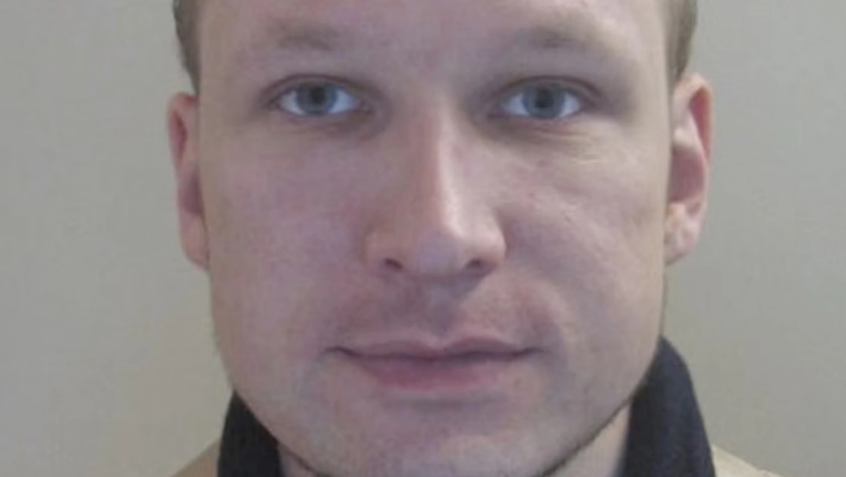Anders Behring Breivik Loses Lawsuit Against the State.
Others are reading now
Anders Behring Breivik has twice sued the state for human rights violations. Now, the verdict is in.
Dressed in a black suit, Anders Behring Breivik sat next to his lawyers in the gymnasium of Ringerike prison during the first week of January.
After suing the state for human rights violations through his conditions of imprisonment, the trial was held in the prison where he is serving his sentence.
Also read
On Thursday afternoon, it was announced that the Oslo District Court, after a comprehensive overall assessment, concluded that Breivik’s conditions of imprisonment do not constitute a violation of human rights, neither under Article 3 nor Article 8 of the European Convention on Human Rights.
The state, represented by the Ministry of Justice and Public Security, is therefore acquitted.
“This demonstrates that the correctional service is doing a thorough job that is professionally solid and legally correct when assessing the conditions under which Breivik is to be imprisoned. There is every reason to commend the work being done at Ringerike prison,” says lawyer Andreas Hjetland from the Office of the Attorney General.
The court had no significant doubt about the outcome of the case, according to the verdict, which is not final. Breivik is serving a preventive detention sentence for the terrorist attacks on July 22, 2011, in which a total of 77 people were killed.
Breivik’s lawyer, Øystein Storrvik, told Dagbladet that they are disappointed with the result. Breivik will appeal the verdict, Aftenposten reports.
VG has not succeeded in contacting Storrvik.
During the trial, Breivik argued, among other things, that 12 years of isolation is too long. He complained about the lack of fellowship with fellow inmates and the control of his correspondence.
His lawyer, Øystein Storrvik, stated in court that Breivik has suffered from isolation damage and has lost the will to live.
The state, on the other hand, argues that the conditions under which he is serving his sentence are necessary.
“The terrorist acts were carefully planned over a long period and were a result of two aspects of Breivik. He has an extraordinary ability for covert behavior and a far-right ideology,” said Andreas Hjetland from the Office of the Attorney General.
During the trial, Breivik broke down in tears as he testified about the conditions of his imprisonment and his no longer wanting to live.
When the government attorney asked Breivik what he thinks about July 22 today, Breivik responded that he was radicalized.
“I was radicalized over two years. I am very sorry for those actions. If this is my future, then I am willing to give up politics. But you say it doesn’t matter anyway.”
Breivik confirmed in several questions that he still holds far-right extremist views. He agrees that he is dangerous, but Breivik believes he cannot do anything about it.


